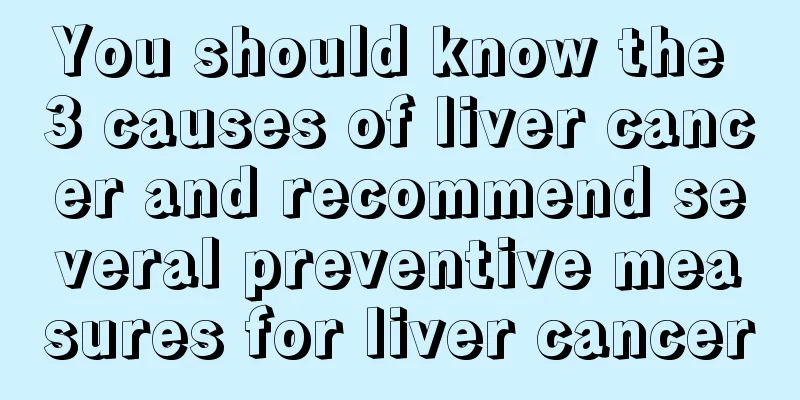Four common dietary tips to prevent prostate cancer

|
As the incidence of prostate cancer gradually increases, people are paying more and more attention to the relevant knowledge of prostate cancer, especially the methods of preventing prostate cancer. In fact, paying attention to eating habits can effectively prevent prostate cancer . Here are some common dietary tips for preventing prostate cancer. In general, common dietary precautions for preventing prostate cancer are: 1. Vitamins Studies have shown that the concentration of vitamin A in normal prostate is 5 to 7 times higher than that in prostate cancer tissue, indicating that vitamin A plays an important role in preventing the occurrence of prostate cancer. In addition, studies have shown that adequate intake of vitamin D can effectively prevent prostate cancer. Vitamin C and E, as important antioxidants in the body, can inhibit the growth and differentiation of prostate tumors. Therefore, middle-aged and elderly men should eat more foods rich in the above vitamins. 2. Fat Reducing fat intake is an effective way to prevent prostate cancer. There is a significant difference in the dietary structure of people in areas with high and low incidence of prostate cancer. The Chinese food in low-incidence areas has less fat and more grains, vegetables, and soy products, while the opposite is true in high-incidence areas. This phenomenon suggests that fat in food is one of the possible causes of prostate cancer. Fat in food mainly comes from meat such as beef and pork and vegetable oils. 3. Others Studies have shown that men who often eat soy products have a lower chance of developing prostate cancer than men who do not often eat soy products. An obvious example is that in Asia, where people eat more soy products, the incidence of prostate cancer is much lower than in Europe and the United States. Experts point out that the phytoestrogens contained in soy products can reduce the tumor-causing risk of male hormones and are very beneficial for preventing prostate cancer. Many foods in nature contain phytoestrogens, such as soybeans, soy beans, peanuts, etc., and you can eat more of them appropriately. In addition, tea is also rich in substances that inhibit prostate cancer, such as flavonol catechins, which have the effect of preventing prostate cancer, so you can drink more tea appropriately. The above is an introduction to common dietary habits for preventing prostate cancer. I hope it will be helpful to you. For more questions about preventing prostate cancer, you can consult our online experts, who will answer them in detail. |
<<: Analysis of early symptoms of esophageal cancer
>>: Viral factors may cause cervical cancer
Recommend
What is the correct way to apply fresh aloe vera on your face?
Many people plant aloe vera potted plants in the ...
The impact of poisonous pickled pepper chicken feet
Maybe many of us like to eat pickled chicken feet...
Pain when pressing on the edge of the chest
Especially for female friends, you may be familia...
What to do if your knee hurts when going up and down stairs? Pay attention to these things
Many people experience knee pain when going up an...
Is there a good way to cure thyroid cancer?
Nowadays, many people suffering from thyroid canc...
Should I apply the cushion or sunscreen first?
In summer, sunscreen is very important for young ...
What is the probability of inheriting lung cancer from the father?
What are the chances of my father inheriting lung...
How to do postoperative care for prostate cancer? Are there any complications after prostate cancer surgery?
There are many factors that cause prostate cancer...
Dietary arrangements during the recovery period of endometrial cancer
Many patients think that the disease will be able...
Will eating chicken feet make you fat?
The ultimate result of eating and drinking too mu...
Unilateral arm pain caused by cervical spine
When suffering from cervical spondylosis, it will...
How to remove rust from tiles
How to remove rust from tiles: First, heat equal ...
What are the contraindications of olive effects?
Olive oil is not only edible, but also can beauti...
What are the effects of Jigeng
Many people may not pay much attention to the pha...
Will bladder cancer recur after surgery?
Will bladder cancer recur after surgery? Bladder ...









